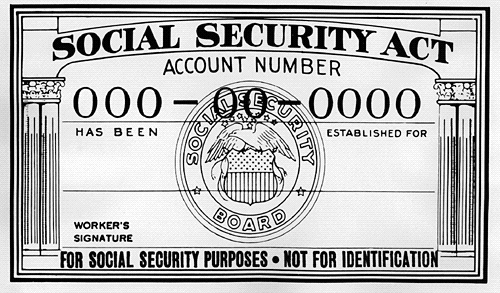Do corporations prefer the marketplace or a large and powerful government?
A letter in the Wichita Eagle criticized the marketplace and the power that corporations purportedly hold over it. (Government needed, February 28, 2016). This letter refers to an op-ed by Charles Koch (Charles G. Koch: Sanders and I agree on a few issues, February 19, 2016, originally published in the Washington Post)
A few remarks:
The letter-writer states: “It was also no surprise to read that his solution is very small and weak government.” Reading the Koch op-ed to which the letter-writer refers, I didn’t see a call for weak government. Generally, libertarians favor a limited government that is strong in protecting our rights and liberties and exercising the enumerated powers outlined in the Constitution. A limited government is very different from a weak government.
The letter-writer states: “The very, very rich people and corporations do not check themselves. The marketplace system they embrace as the sole solution encourages the accumulation of more and more wealth and power — and using that power to accumulate more wealth.” With a few exceptions, corporations do not embrace the marketplace, if by marketplace the writer means a system of free markets. Instead, as Charles Koch correctly notes, most corporations seek to constrain and limit the power of free markets. Milton Friedman diagnosed the situation correctly: “The great virtue of free enterprise is that it forces existing businesses to meet the test of the market continuously, to produce products that meet consumer demands at lowest cost, or else be driven from the market. It is a profit-and-loss system. Naturally, existing businesses generally prefer to keep out competitors in other ways. That is why the business community, despite its rhetoric, has so often been a major enemy of truly free enterprise.”
It’s difficult to do the things that Friedman says business must do in a market economy — innovate, be customer-focused, and be efficient. It’s far easier to hire lobbyists at the federal, state, and local levels to gain an advantage over your competitors. The harm of this system of cronyism is explained by Koch: “Perversely, this regulatory burden falls hardest on small companies, innovators and the poor, while benefiting many large companies like ours. This unfairly benefits established firms and penalizes new entrants, contributing to a two-tiered society.” It is government, not markets, that are creating two tiers of society.
Another complaint of the writer is that the rich “fund the multitude of foundations and university professors to pitch their philosophy attacking public schools and other public services.” Well, some rich people do, and thank goodness for them. If not for the generosity of Koch and a few others in founding organizations like The Cato Institute, there might be few sources of information besides a self-serving government or those who benefit from an expansive, meddling government. The latter are the corporations that the letter-writer complains use the marketplace to gain more wealth and power, but in reality are using government to do this.
As far as funding university professors, this serves as a useful and valuable check to the multitudes of taxpayer-funded public university professors who indoctrinate and condition students to embrace more government. Shouldn’t college students be exposed to a variety of views? That doesn’t seem to be what students are receiving: “Academics, on average, lean to the left. A survey being released today suggests that they are moving even more in that direction. Among full-time faculty members at four-year colleges and universities, the percentage identifying as ‘far left’ or liberal has increased notably in the last three years, while the percentage identifying in three other political categories has declined.” (Moving Further to the Left, Inside Higher Ed, October 24, 2012)






